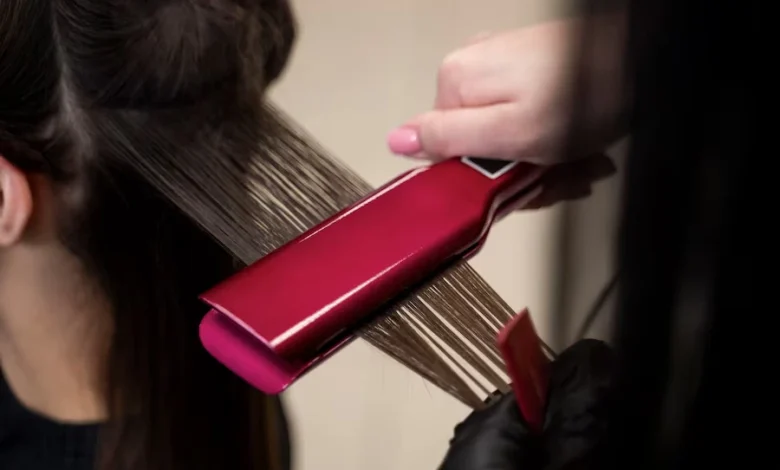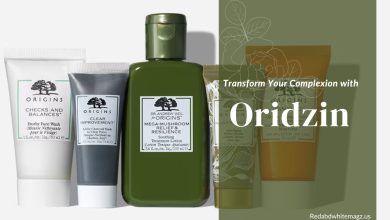Why Are Hair Relaxer Sales Soaring Worldwide Amidst Cancer Lawsuit Row?

Hair relaxer sales are surging worldwide even when lawsuits are increasing and scientific evidence is highlighting cancer risks. Currently standing at $719.88m, by 2029, the hair relaxer market is expected to reach nearly $900m. The CAGR has skyrocketed at 4.33% despite talks of bans.
Its long-lasting appeal is firmly anchored in social and cultural norms in addition to manageability. Straightened hair is more than a professional requirement in settings where natural hairstyles are still stigmatized. It is a beauty standard for many Black women.
The idea that straight hair is more attractive and acceptable has historically been strongly supported by advertising. The stated approach has led to the ongoing use of these products. Hair relaxers have been shown to be carcinogenic. Hence, it is critical to have a conversation about the product and how it is used to raise user awareness.
The Cancerous Legacy of Hair Relaxers
Hair relaxers, which are widely used to straighten curly hair, are being investigated for possible cancerous properties. A number of scientific studies, including one by the National Institutes of Health, have raised a concern. There is a strong link between regular use of hair relaxers to an increased risk of ovarian and uterine cancer.
In another NIH study, 33,497 women were tracked for almost 11 years. Participants who used hair straightening products more than four times a year had a risk of uterine cancer. It was more than twice as high as that of non-users.
378 of the women in the study went on to get uterine cancer. Precisely the incidence was higher in those who used relaxers more frequently.
Alarmingly, most users are not aware of this. The results of Level Up’s study, which surveyed over 1,000 women, were made public in May 2022. 77.3% of the women were not aware that prolonged use of relaxers raises the risk of cancer.
How Do Hair Relaxers Cause Cancer?
Hair relaxers frequently include dangerous substances like formaldehyde, cyclosiloxanes, parabens, and phthalates. According to an extensive report published in the Guardian, scientists claim that formaldehyde in hair relaxers is a carcinogen. The finding also flags phthalates, parabens, and bisphenol A as potential endocrine disruptors.
Bisphenol A, known by many different names, is used to make plastics. Parabens are preservatives, and phthalates give plastics their durability. Formaldehyde can release fumes when heated, which may aid in the development of cancer.
What is the Hair Relaxer Lawsuit?
The hair relaxer lawsuit is a multidistrict litigation that combines thousands of individual cases. The litigation has gained significant traction in recent years. Shortly after the NIH study was released, Jenny Mitchell of Missouri filed the first hair relaxer lawsuit, according to Reuters.
Since then, numerous plaintiffs’ attorneys have filed more than 7,000 cases suing hair relaxer manufacturers. To handle lawsuits filed in several jurisdictions more effectively, the cases have been consolidated in a federal court in Chicago. Plaintiffs claim that beauty brands such as Revlon, L’Oreal, and others neglected the matter. They did not alert customers about possible risks connected to their products.
The lawsuits draw attention to the fact that Black women are more likely to use these products. The main reason is cultural pressures to adhere to Eurocentric beauty standards that are disproportionately affected by these products. On the contrary, one of the defendants, Revlon, disputes misconduct, claiming to Reuters that their ingredients are safe for use. The claim also emphasizes that there is no concrete scientific evidence connecting their products to cancer.
Are There No Regulations on Harmful Chemicals in Hair Relaxers?
Different countries in the world have very different regulations. The European Union forbids certain endocrine disruptors found in hair relaxers and has suggested banning them. By 2030, the EU claims to “phase out” a number of chemicals found in consumer goods.
Some nations have restricted or outright prohibited the use of formaldehyde in relaxers, while others have only issued cautionary statements. The US Food and Drug Administration has failed to meet its deadline of April 2024. The missed deadline was regarding the decision on whether to impose a ban on formaldehyde.
Manufacturers Must Be Held Accountable
The worldwide distribution of hair relaxers that may cause cancer presents important moral and legal issues. The producers of these goods are still marketing them across the globe without much warning. TorHoerman Law remarks that despite being fully aware of the carcinogens present, they persist in this practice.
The ongoing nature of these sales raises concerns about a possible preference for profit over health. It also indicates a lack of concern for customer safety. Holding manufacturers accountable for the negative effects of their products is crucial for promoting safer cosmetic standards globally. Additionally, it ensures justice for those who have suffered harm from these products.
The hair relaxer lawsuit is a significant matter that touches on consumer rights, racial justice, and public health. So, make sure to track the litigation’s developments as they affect the global beauty industry and the legal system.
Also read: Anxiety: 5 Ways to Overcome It





